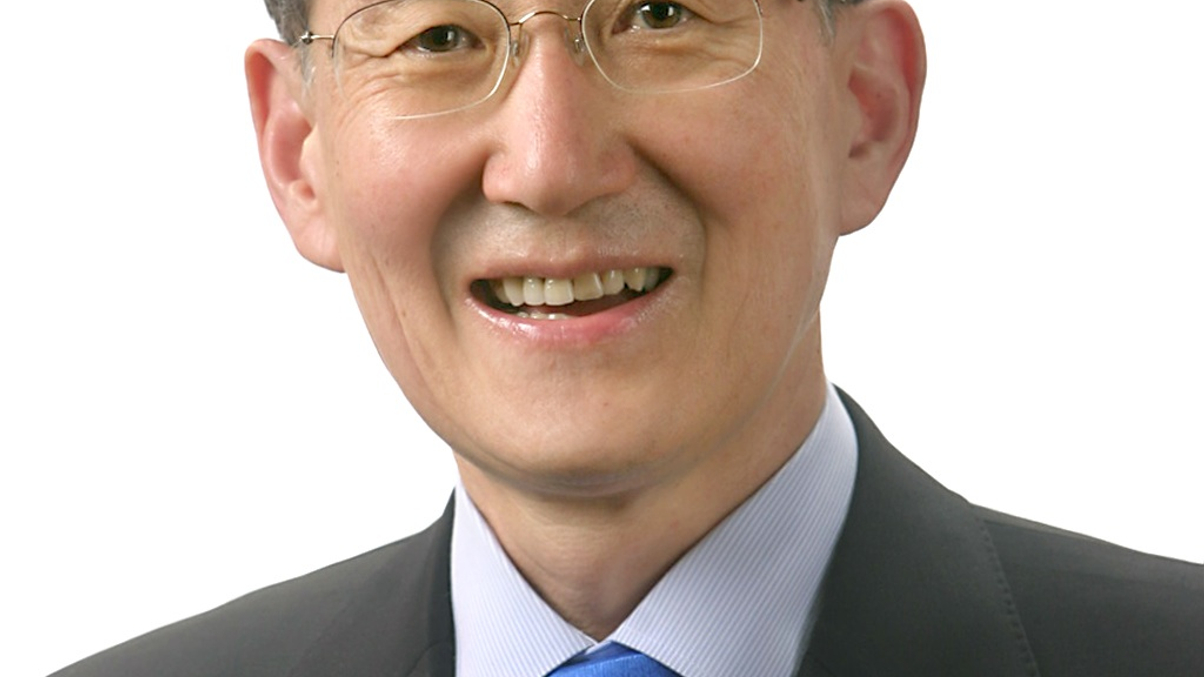Baring’s new Korea CEO eyes global product
Khwarg Tae Sum seeks to take advantage of its UK parent to launch a range of international funds to help Korean investors diversify.

The new chief executive of Baring Asset Management Korea says the firm plans to leverage its international parent’s broader platform to bring more global product to Korean investors.
Sign in to read on!
Registered users get 2 free articles in 30 days.
Subscribers have full unlimited access to AsianInvestor
Not signed up? New users get 2 free articles per month, plus a 7-day unlimited free trial.
¬ Haymarket Media Limited. All rights reserved.


